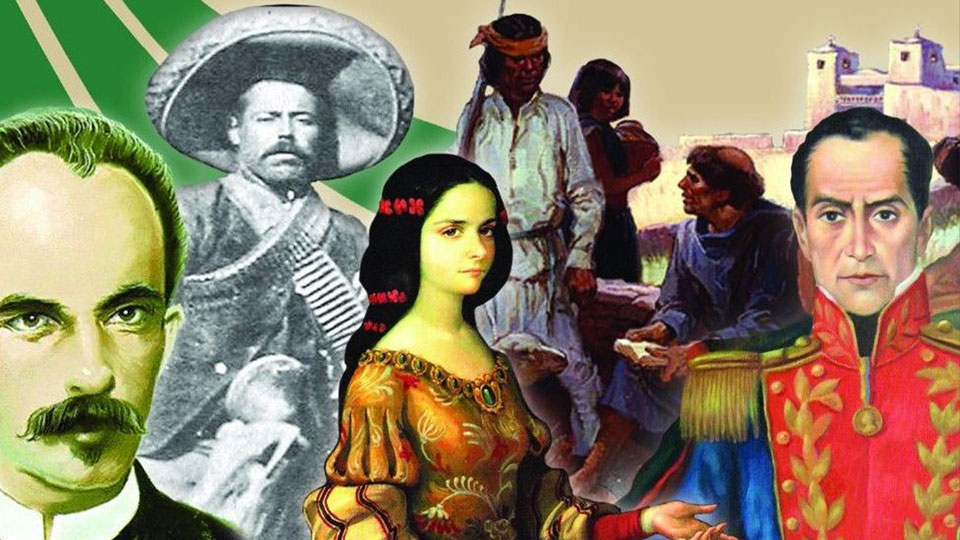World Languages and Cultures
Minors
Minors from World Languages and Cultures
If you are working toward a career in the arts, business, education, science, or technology, a deep understanding of another language, it's culture and history can benefit you. Moreover, learning to appreciate the uniqueness of another culture builds your ability to appreciate all cultures, a very important attribute in our ever-shrinking world.
WLC offers minors in five areas to best meet your goals:

Hispanic Cultures and History
Designed for students working toward careers in the social services, criminal justice, education, business, international entrepreneurship, government, community service, advocacy or similar fields who have an interest in Hispanic cultures but have not yet developed the language skills and abilities necessary for the Spanish Language and Hispanic Cultures Minor.

Japanese Culture and History
This minor is for students interested in Japan though majoring in a different field, who may wish to work in Japan, or who may wish to work with the Japanese in their careers. As the world's number two economy, Japan is active in almost every area of human endeavor.

Japanese Language and Culture
This minor is ideal if you have completed your Language Proficiency Requirement in Japanese while majoring in another field, but also want to work in Japan or with the Japanese in your career.

Latin American Studies
The interdisciplinary Latin American Studies Minor is designed for students who wish to augment their major with knowledge of the history, cultures, politics, economics, societies and ecology of the Latin American region - comprised of Mexico, Central America, South America and the Spanish speaking and French speaking Caribbean. This minor requires proficiency in either Spanish or Portuguese and at least 16 semester units or the equivalent in interdisciplinary learning experiences approved by one of the faculty advisors.

Spanish Language and Hispanic Cultures
The Spanish Language and Hispanic Cultures Minor entails a rather high level of language proficiency and requires a fairly reasonable understanding of the Hispanic cultures. Aside from having to attain and demonstrate intermediate-high level proficiency in the Spanish language (according to ACTFL guidelines), you also attain a basic understanding of the philosophical perspectives (ideas, beliefs, attitudes, and values), behavioral practices (patterns of social interactions), customs and creative patterns (literature, art, music, etc.) of the Hispanic cultures addressed by your learning experiences.